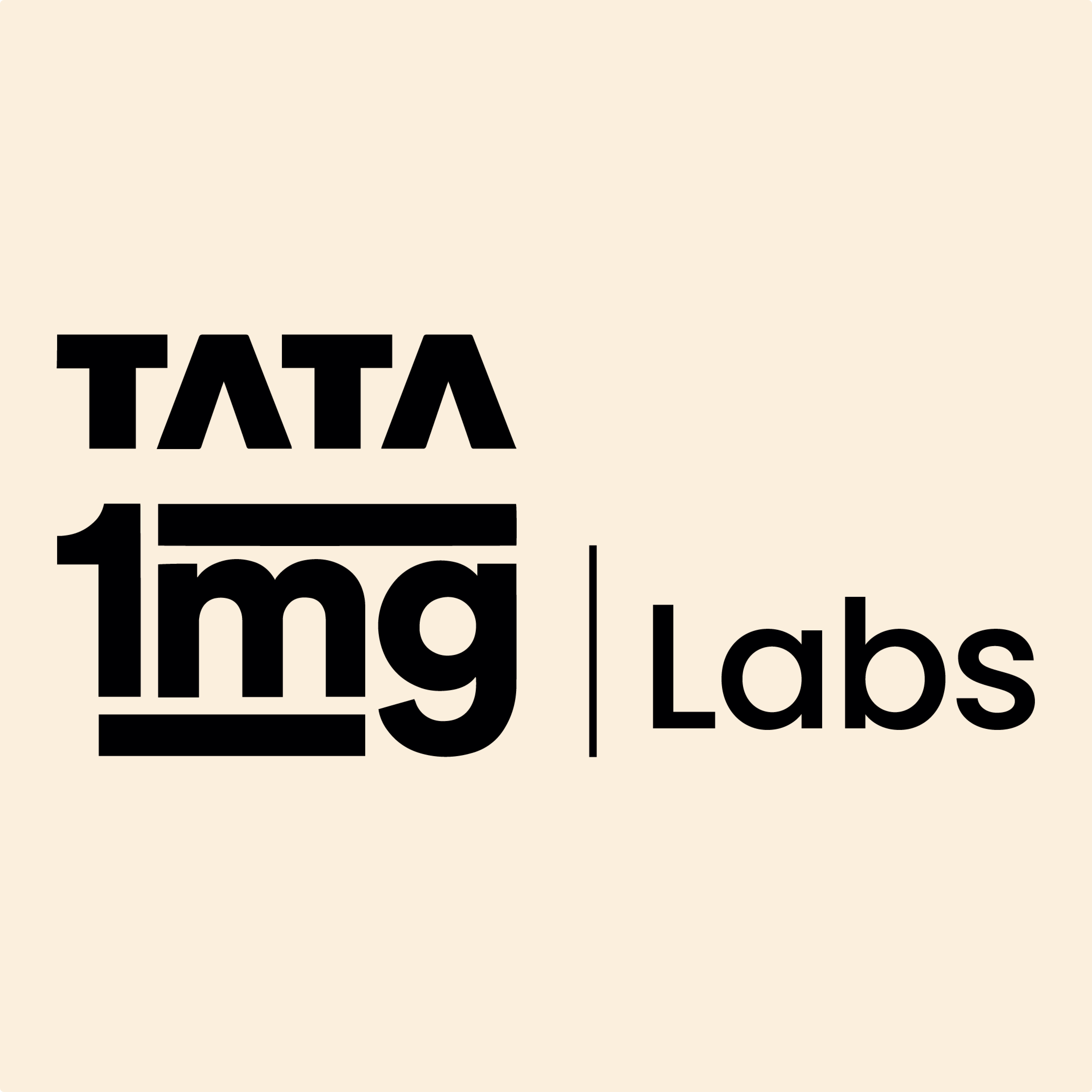HIV Combo (Antigen And Antibody) Test
Understanding HIV Combo (Antigen And Antibody) Test
What is HIV Combo (Antigen And Antibody) Test?
An HIV Combo (Antigen And Antibody) Test is an advanced (fourth-generation) screening test, also called HIV Ag/Ab Combo assay, used for simultaneous qualitative detection of HIV p24 antigen and antibodies to human immunodeficiency virus type 1 and/or type 2 (HIV-1/HIV-2) in blood. The test helps in the early diagnosis if an HIV infection is suspected. This test does not distinguish between the detection of HIV p24 antigen, HIV-1 antibody, or HIV-2 antibody reactivity.
HIV is a virus that attacks the body’s immune system. HIV is transmitted through sexual contact with HIV-infected individuals, sharing of infected needles or syringes, or from an infected mother to an unborn baby. If left untreated, it can lead to AIDS (acquired immunodeficiency syndrome).
During the first few weeks after an individual gets exposed to the virus, the p24 antigen (HIV core protein) becomes detectable in their blood. After 2-8 weeks, the body starts producing antibodies against this antigen. An HIV Combo (Antigen And Antibody) Test is very accurate for early detection of whether or not an individual has been infected with HIV. The p24 antigen is the first marker of the presence of HIV in the body. Since the p24 antigen is usually detectable a few days before HIV antibodies, this test helps reduce the window period for HIV detection. The window period is the time immediately after infection, during which tests cannot always detect antibodies or p24 antigen, and so may give a false-negative (detecting absence of infection even when infection might be present) result.
An HIV Combo (Antigen And Antibody) Test is advised for people who are at an increased risk of HIV infection such as those who have an HIV-positive sex partner, have multiple sexual partners, are homosexual, and who share needles frequently. The test may also be performed when there are symptoms like fever, chills, nausea, rash, night sweats, muscle aches, oral thrush, sore throat, fatigue, unintentional weight loss, swollen lymph nodes, and mouth ulcers. It should be noted that a person may not show any symptoms if the infection is recent (or acute). Also, annual screening is advised for those who are identified to be at high risk for HIV infection.
You may talk to your doctor about all the pre-test instructions. Fasting is not required before getting an HIV Combo (Antigen And Antibody) Test; which means you can eat or drink normally as per your daily routine. However, a duly filled consent form for HIV testing & Pre-test counseling (Annexure - CR/01) is mandatory at the time of sample collection. This form can be provided by the laboratory personnel (phlebotomist) before sample withdrawal. It entails important information related to your personal details, medical history, and pre-test (before the test) counseling details. As per NACO guidelines, all reactive samples are tested by three different methods before the release of the report. All reactive results must be confirmed with a Western Blot Test.
Lab test results may vary across laboratories. The HIV Combo (Antigen And Antibody) Test utilizes an automated chemiluminescence immunoassay technology for the combined qualitative determination of p24 antigen and specific antibodies to HIV (1&2). The technology (CMIA/ CLIA) can vary based on different machines available in different locations. These are Fourth-generation HIV tests, designed to detect both HIV antibodies and the p24 antigen (Ag) in a single assay run.
Lab test results require expert interpretation. Do not self-medicate at home solely based on these results and always consult your doctor for proper understanding of the test results.
What is HIV Combo (Antigen And Antibody) Test used for?
An HIV Combo (Antigen And Antibody) Test is done:
- To screen for HIV infection.
- To know your HIV status if you are pregnant or planning to get pregnant.
- If you are diagnosed with Hepatitis B, C, Tuberculosis, or any other sexually transmitted disease (STD), or tuberculosis.
- To help confirm the presence of HIV in donated blood or plasma.
What does HIV Combo (Antigen And Antibody) Test measure?
An HIV Combo (Antigen And Antibody) Test simultaneously detects HIV p24 antigen and antibodies associated with HIV 1 & 2. The HIV p24 antigen is the most abundant HIV protein and its detection is used clinically to diagnose an HIV infection early on since HIV-specific antibodies are not detectable in a very recently acquired infection. HIV-1 was discovered first and is the most widespread, whereas HIV-2 is more than 55% genetically different from HIV-1. The transmission rate of HIV-2 is also slower than HIV-1.
Interpreting HIV Combo (Antigen And Antibody) Test results
Interpretations
- A negative HIV antibody test usually indicates that a person does not have HIV infection. However, it only means that there is no evidence of disease at the time of the test.
- If someone tests positive on both the initial screening and supplemental testing, it is considered as a definite case of infection with HIV.
Answers to Patient Concerns & Frequently Asked Questions (FAQs) about HIV Combo (Antigen And Antibody) Test
Frequently Asked Questions about HIV Combo (Antigen And Antibody) Test
Q. Why is an HIV Combo (Antigen And Antibody) Test performed?
Q. What does an HIV Combo (Antigen And Antibody) Test measure?
Q. Is there any risk associated with an HIV Combo (Antigen And Antibody) Test?
Q. Is an HIV infection curable?
Q. What are the symptoms of an HIV infection?
Q. How does HIV become AIDS?
Q. Which screening tests are advised by the doctor for patients at risk of HIV?
Q. What is the window period?
Book a HIV Combo (Antigen And Antibody) Test test at home near me





Other tests









